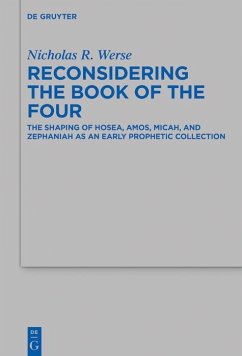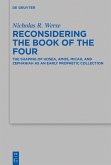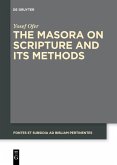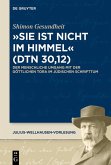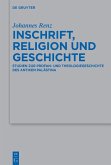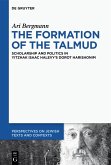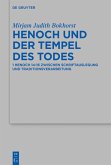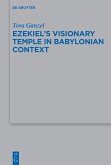Although many scholars recognize literary similarities between Hosea, Amos, Micah, and Zephaniah, defining the compositional relationship between these texts remains a matter of debate. Following the scholarly trajectory of exploring the compositional relationship between the Twelve prophets, several scholars argue that these four prophetic texts formed a precursory collection to the Book of the Twelve. Yet even among advocates for this 'Book of the Four' there remain differences in defining the form and function of the collection. By reexamining the literary parallels between these texts, Werse shows how different methodological convictions have led to the diverse composition models in the field today. Through careful consideration of emerging insights in the study of deuteronomism and scribalism, Werse provides an innovative composition model explaining how these four texts came to function as a collection in the wake of the traumatic destruction of Jerusalem. This volume explores a historic function of these prophetic voices by examining the editorial process that drew them together.
Dieser Download kann aus rechtlichen Gründen nur mit Rechnungsadresse in A, B, BG, CY, CZ, D, DK, EW, E, FIN, F, GR, HR, H, IRL, I, LT, L, LR, M, NL, PL, P, R, S, SLO, SK ausgeliefert werden.

